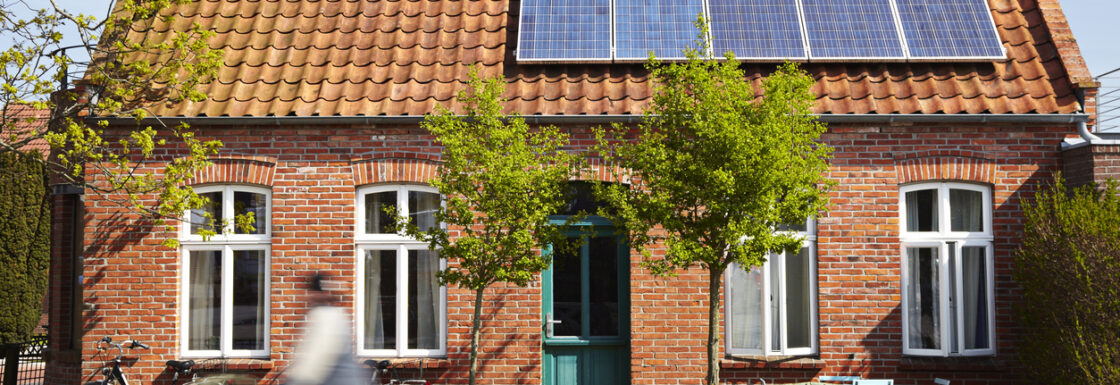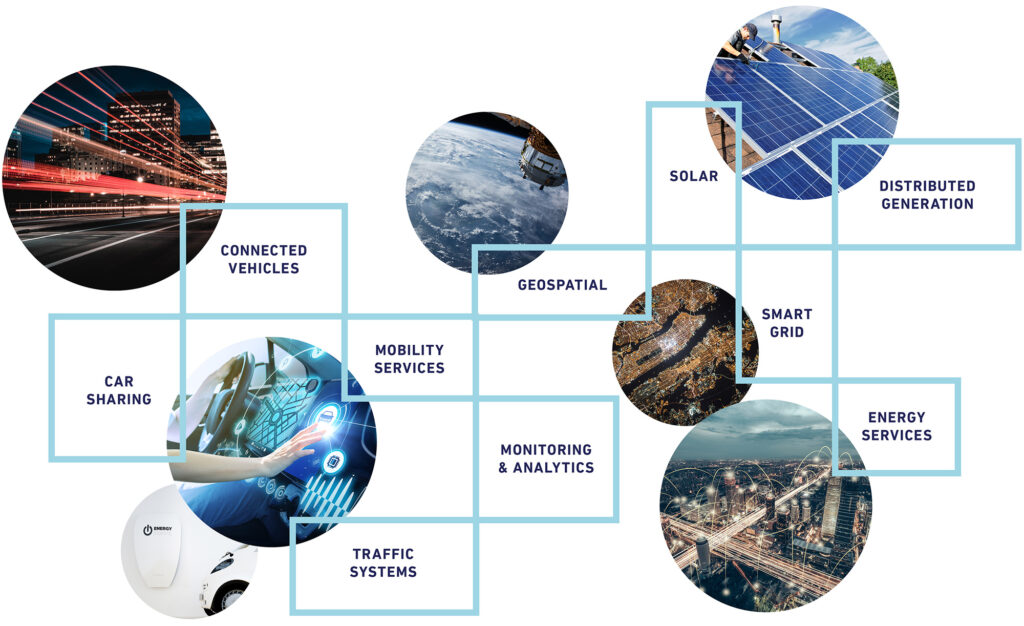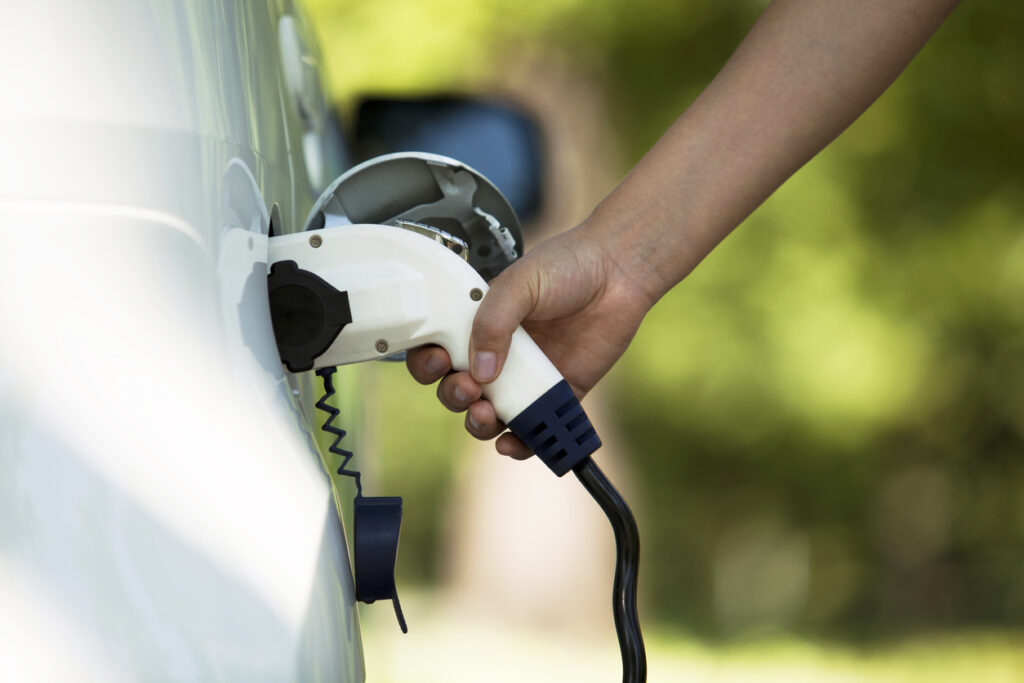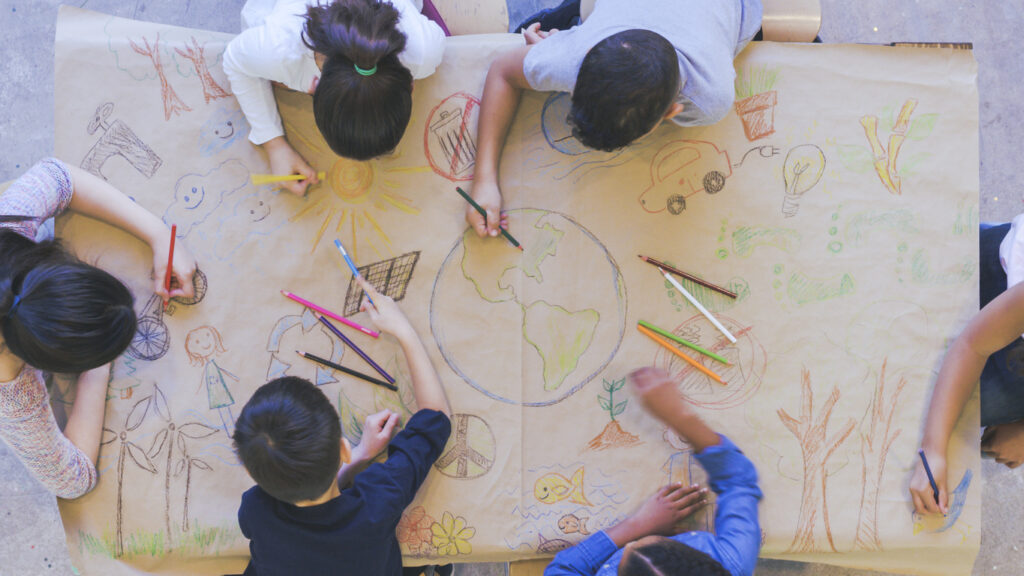The Glass is Half Full

When the pandemic began fifteen months ago, few could have predicted how the subsequent period would unfold. The suffering has been enormous in so many ways, but the miraculous expertise of modern science and rapid vaccine development has offered us a lifeline. Unfortunately, for too many, the lifeline did not come fast enough. While this illustration of human ingenuity has led us to a vaccine for this virus in record time, a crisis with potentially even broader reach remains unsolved. The climate crisis could lead to far worse outcomes for our planet and its 7.6 billion inhabitants, and sadly the human suffering from drought, floods, loss of biodiversity and damaged oceans is irreversible and cannot be mitigated by any vaccine.
It is with some amazement that we have witnessed that investors of all ilk, governments, corporations and individuals alike are finally beginning to take the climate emergency seriously and acting with the required urgency. Some will no doubt say this is too little too late. I say the glass is half full and there is reason for optimism. In fact, I believe the pandemic has forced an awakening and that the movement to rectify the situation is indeed accelerating.
Many opportunities exist to […] make our country more resilient if we have the will and entrepreneurs take up the challenge. Let’s turn the problem into an opportunity.
I speak from personal experience. I started investing in renewable energy a decade ago with the formation of MKB. At that time, it was difficult to raise capital. Perseverance, teamwork and the support of a wonderful network of investors provided sufficient capital to invest in several companies, most of which have performed very well. When we launched our new energy transition fund in January of 2020, we felt conditions would permit us to raise a $100 million+ fund. Then the pandemic hit. At that point, we were worried we could not raise a fund at all, and that our existing investments would suffer.
Lo and behold, a little more than a year later we have an oversubscribed fund that will exceed $150 million in commitments thus surpassing our expectations. Our legacy portfolio has emerged in fine form and has, in some cases, benefited from pandemic-induced behavioural changes. We have also invested in three exciting new companies in the last six months, whose progress over the last year has been remarkable. If you had told me that would be the case in April 2020, I would have asked, what are you smoking?

How did this come about? On a macro level, it seems people are starting to understand that many accepted practices of the last decades cannot be sustained and that there are better ways of doing things. This heightened awareness is useless unless it is accompanied by solutions and alternatives readily available to companies and consumers. Well, just as technology has altered media, telecom, retail etc. over the last twenty years, technological developments have now made solar and wind power cheaper than fossil fuels, leading to increased adoption in both the developed and developing world. Battery performance has improved at ever-declining costs, enabling electrification of transport and new innovations are providing realistic solutions for backup power at the residential and grid level. AI is enabling new energy efficiency solutions in homes and commercial buildings. In large scale change, there is large scale opportunity, and these changes, among others in food, agriculture, materials and a much-needed circular economy, are setting the stage for a giant economic boom the likes of which the world has not seen since the post-WWII revival.
COVID has heightened the need for resilience in our supply chains. I think most Canadians are aghast that we don’t have manufacturing capacity for vaccines in this country, let alone manufacturing of semiconductors or batteries, which are rapidly becoming the new oil (sorry big data). Why do we even have to import fruits and vegetables when advanced greenhouses are available, and why can’t these be sited locally? Many opportunities exist to rectify these issues and make our country more resilient if we have the will and entrepreneurs take up the challenge. Let’s turn the problem into an opportunity.
On a micro level we can make a difference and contribute to this exciting change. I see it through the amazing people with whom I am privileged to work. From my home base in Quebec, where two entrepreneurs with a dream have built nation-wide franchises, one in car sharing and one in EV charging; to my Ontario colleagues helping utilities plan for and manage a distributed energy future and cities upgrade their traffic systems to state of the art digital networks; and westward to our BC friends disrupting the cycling industry through their mobile bike shop delivery, servicing and e-commerce platform.

We are also invested in other dynamic change makers: a leading ultra-high growth US based residential solar installer embracing the use of technology to lower the cost of solar and other clean energy solutions for homeowners through its direct to consumer software; a highly innovative smart modular battery swapping company enabling the rapid electrification of fleets; an AI based software firm providing homeowners and utilities with granular data and enabling more energy efficient homes; and a solar business providing electricity and home appliances to over a million people in sub-Saharan Africa taking them out of energy poverty.
On a human level, our behaviour is changing for the better: we are walking more, cycling, talking to our neighbours, looking for clean home energy solutions and back up battery storage, checking which new EVs are available, asking questions of our money managers as to the sustainability practices of their portfolio companies and being much more careful about the food we eat and where it comes from. We in the western world have the problems anyone should want, and we must make sure that the developing world is part of, and empowered by, these positive transformations.

Thousands of jobs have been created, with many more to come as we achieve further development and growth of clean energy and transport. A prosperous and clean future for the generations to follow is a goal we can, and are, working towards. My colleagues and I are just getting started. So cheers, fill up that glass, the future is bright for all of us clean tech entrepreneurs and by extension all those around us!













